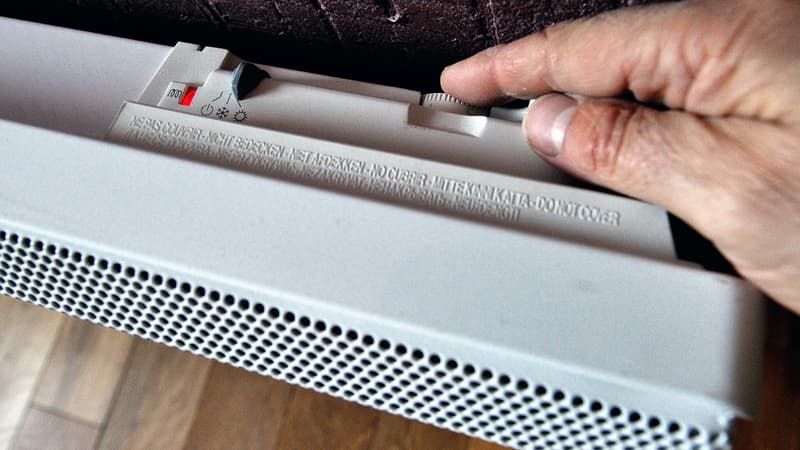Alors that the government details the different points of the energy sobriété plan for the press conference, Astères has published its estimates of the amount of power gains obtained by the households who scrupulously apply the main measures of the Roadmap. The economic studies firm estimates these annual purchasing power gains at 3.4%, or 1,312 euros.
Car sharing is the main lever
The government plans to distribute a check for 100 euros to French people who register on a carpooling platform. In fact, cars are the preferred means of transport in France, but too often they drive around with empty seats. According to Astères, car sharing can lead to an annual profit of 1,000 euros per household. While acknowledging that it is difficult to precisely quantify the savings that carpooling enables, the research firm cites recent testimonials from carpooling enthusiasts who report to Le Figaro a profit that can exceed €1,500 a year. Astères has adopted another method of calculation.
“It has been estimated that a French household spends an average of 2,172 euros per year on the use of personal vehicles (maintenance and fuel),” the study explains.
Speed reduction is also effective
Carpooling is not the only lever that motorists can activate to increase their purchasing power. Referring to previous estimates, the economic studies firm mentions not insignificant gains in the event of a reduction in traffic speed: 125 euros per year for passing 110 km/h on motorways and 24 euros for passing 80 km/h on double sense roads.
“The gain is greater on the motorway because a reduction in speed allows greater fuel savings when the average speed of the vehicle is higher”, specifies Astères.
Astères also mentions one of the key actions proposed by the energy sobriety plan: a drop of 1 degree Celsius in the average heating temperature. “By postulating an average reduction in temperature of just over 1°C due to sobriety measures, Asterès hypothesizes an average reduction of 10% in energy consumption dedicated to heating”, explains the cabinet of economic studies. Based on an average expenditure on heating estimated by INSEE at 773 euros in 2022, the average annual profit could amount to 77 euros.
The sum of these three concepts of energy consumption allows a total amount of 1,312 euros to be obtained, but this may be altered by the “teleworking” factor, which is especially complex to quantify.
“The gain in purchasing power that can be expected from a measure of this type is uncertain, because teleworking can lead to new costs (heating the home during the day, lighting, conditioning the accommodation, for example). The effectiveness of the use of teleworking as a vector of energy saving is also the subject of debate, because there is a risk of transferring to the home the energy consumption that would have been made in the office.
Source: BFM TV


